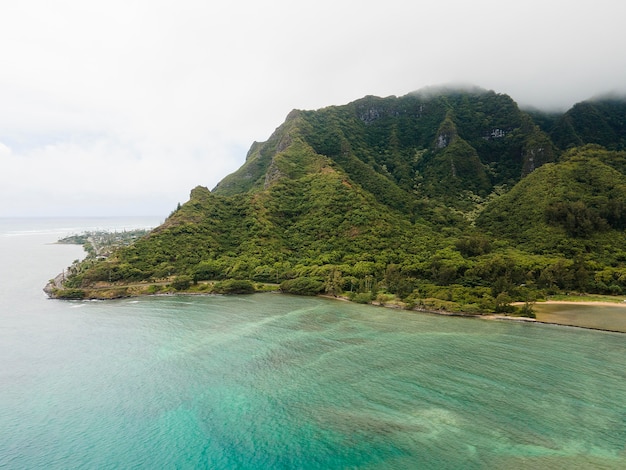
We all got up at 3:45 am and made our way to the bus station to catch the 4:30 bus heading north to Pemba. Each morning it got harder to wake up as we were all running low on energy. We slept through most of the 10-hour bus ride but woke up every time the bus stopped near a village. In Africa, villagers often sell various goods to passengers through the bus windows, ranging from faucets to live chickens.
After seeing chickens being bought at every stop and being constantly woken up by their noises, I had a bright idea. At one stop, I bought a live chicken for a bit over $3 from a villager, who handed it to me with a big smile. I was probably the first “Mazungu” (white person) he had sold a chicken to. The bus erupted with laughter when I walked down the aisle with the chicken and dropped it in Henry’s lap. Henry looked stunned and asked, “What am I supposed to do with it?!” I told him, “It’s my gift to you. You must take care of it; his name is Henny.”
Henny started flapping and trying to escape, but a local quickly calmed it down with a hair elastic. The bus continued laughing as Alice moved to a different seat, avoiding Henny and Henry, who were now nervously sitting with the chicken. Despite our efforts to feed the chicken coconut biscuits and water, it was clear we had no idea how to care for it.
When we arrived in Pemba, it became obvious we were not fit to handle a live chicken. We decided to give Henny to a happy local who promised he wouldn’t eat the chicken and would raise it well. Although we suspected Henny ended up as dinner, Alice felt better with the bird out of our hands. Our dream of traveling with a live chicken faded as the local took Henny away.
Traveling in Africa was wearing us down, and tensions were rising. We decided to relax on the beach in Pemba for an extra day before heading north. It turned out to be a good decision as we all felt better after sleeping in until 7:00 am and spending a relaxing day at the beach. Henry and I played in the sea with local kids, building sand castles and doing backflips.
That evening, Henry met a German named Urik, who owns a hotel on Ibo Island, our next destination. Urik told us how to catch the bus and offered us a place to stay. The next morning, we missed the bus by three hours, so we took a taxi and spent hours trying to hitch rides. Henry gave me ukulele lessons as we waited. Eventually, Henry called Urik, who then picked us up as he was heading to the island with supplies.
We thought we had an easy ride in the back of his jeep, but T.I.A (This Is Africa) struck again when his trailer lost a wheel. After some issues, Urik arranged for locals to watch the trailer while he drove us to the ferry. We endured a bumpy ride with leaking jerry cans and arrived reeking of petrol.
At the ferry, we realized it was just a fisherman’s boat that picked up passengers if he was going to Ibo Island. A hotel owner named Linda eventually gave us a ride. We sailed to Ibo just as the sun was setting, casting beautiful reflections on the sea.
We stayed at “The African Pot,” a guesthouse owned by an expat French chef, Stephane. It was one of the best places we had ever stayed, with clean rooms, friendly staff, and amazing food. After some much-needed rest, we realized all the exhausting travel was worth it. The next week promised to be an epic adventure as we planned our island tours and sailing trips, grateful for the close friends we had become.
